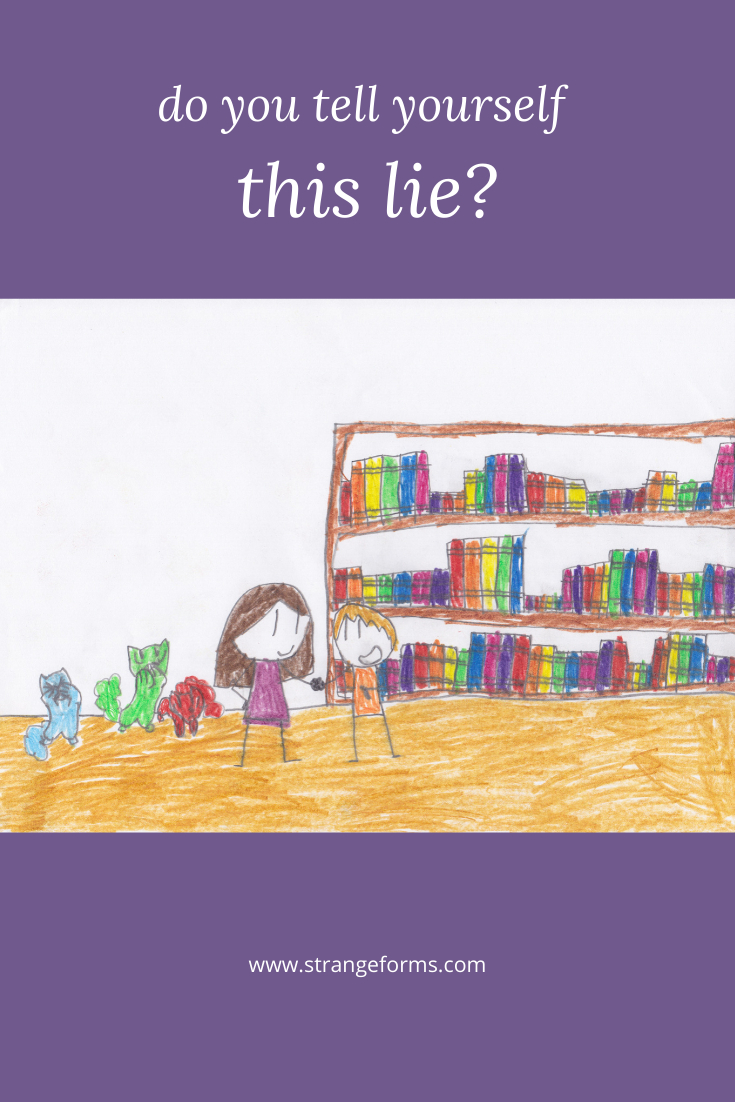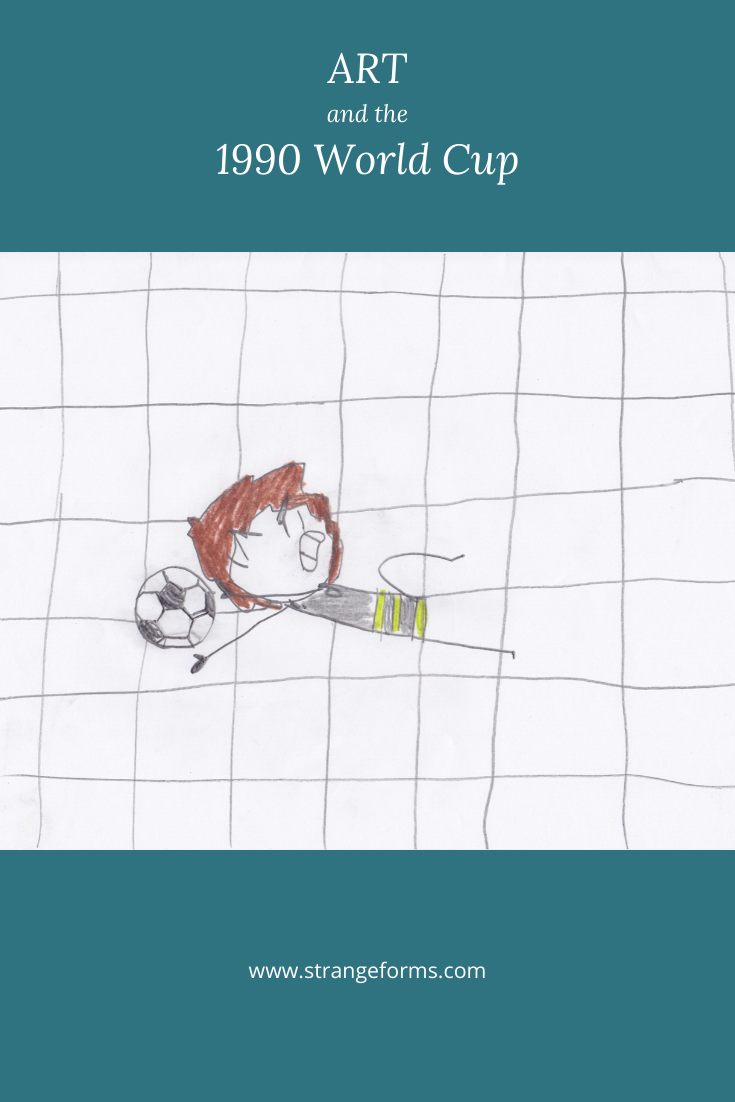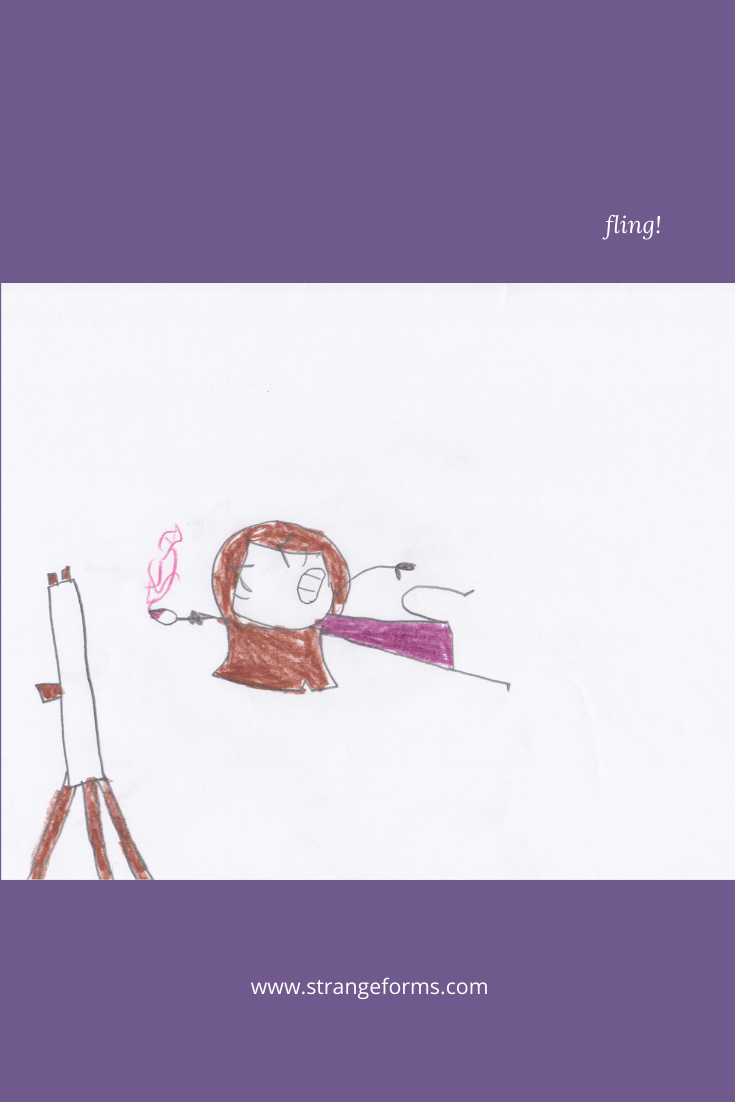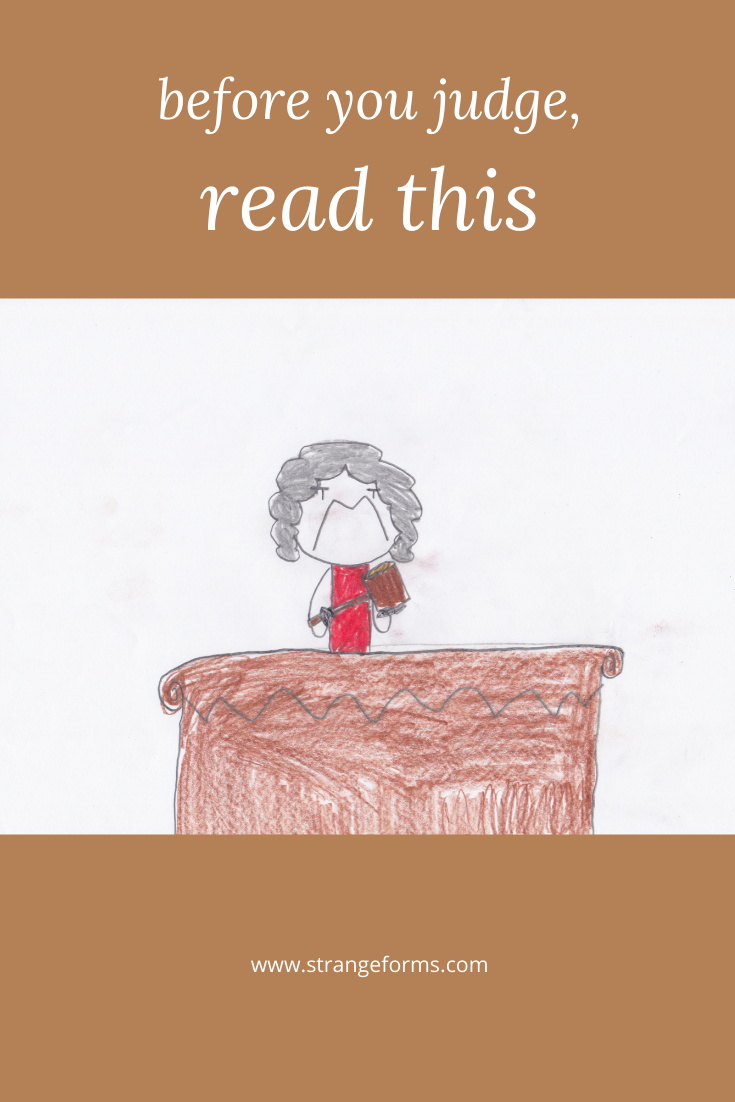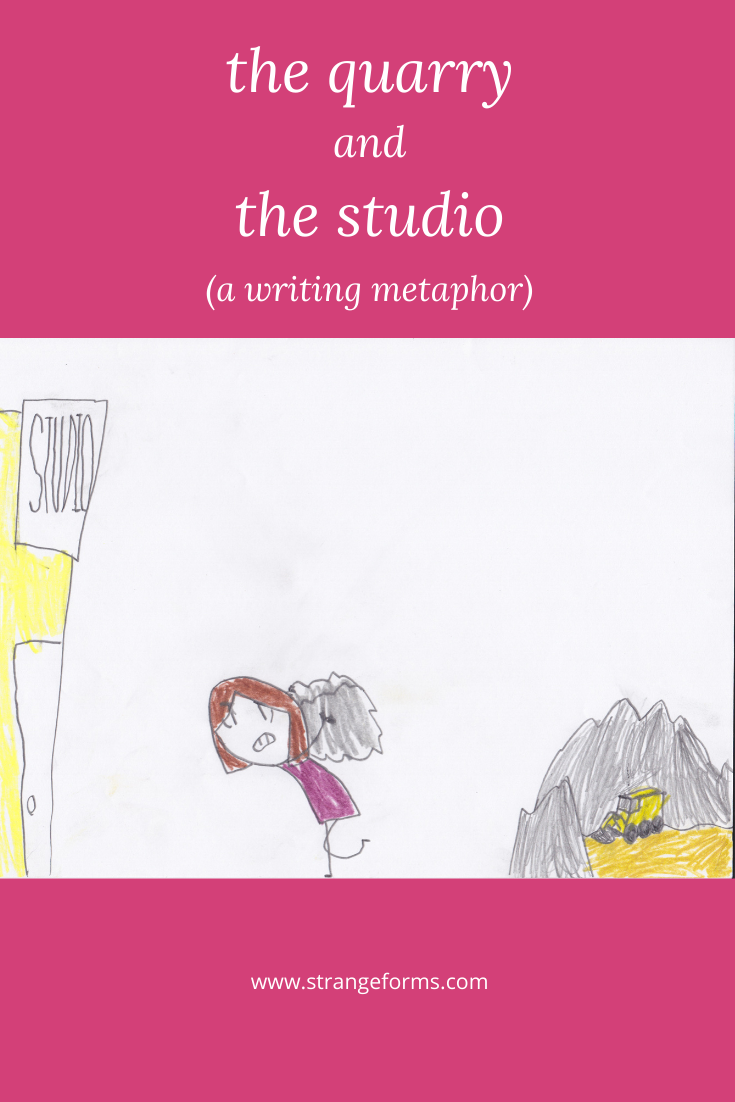A while back, I was queueing in a bookshop when a nice man I’d never seen before came up and greeted me warmly. He’d read my novel and wanted to tell me in person how much he’d enjoyed it.
(This being the twenty-first century, he’d already told me on Twitter. Obv. Additionally, this being Dublin, he was a former student of my mother’s.)
We exchanged a few words and went our separate ways, and the whole thing lifted me for the rest of the afternoon.
I tweeted about it later, how I’d been recognised in a shop – get me and my glitzy life – and I added “just like a Real Author”, because oh yeah, I am still subject to one of the stupidest and most pernicious lies we tell ourselves.
What lie, you ask?
It’s the one that goes like this:
It’s OK for other people, we say to ourselves, they’re allowed. But I’m not. Because they’re them, you see, and the trouble is, I’m me.
(Allowed what, though? Well, whatever it is we’re talking about. In this case, allowed to call themselves Real Authors.)
Wait, though.
I’ve published a novel, and I have substantial chunks of … let’s see, four others on my hard drive, in varying states of development and all very much on the path to completion.
You can buy my novel, for actual money, from actual booksellers, and real people have written reviews of it both online and in national print newspapers.
I even appeared on a panel at a book festival as my author self.
That all seems relatively squarely in the domain of the real, doesn’t it?
Interestingly, until my book hit the shops, the headweasels had no trouble with the idea that publishing a novel would constitute being a Real Author. At that time, they and I were working on the question of whether I was allowed to characterise myself as Real even before I had a book out. We went back and forth on the issue.
Alas, it now appears that the same headweasels have braved snow, rain, heat, gloom of night, etc., crept out onto the playing field, and shifted the goalposts.
(Their spokesweasel is at some pains to stress that they’re only doing their jobs.)
They currently estimate that I’ll need to have at least, oh, half a dozen more novels published, and ideally a fistful of glittering accolades (…although they concede that shabby-chic accolades would probably be acceptable, in these straitened times…), before I am a Really Real Author.
It’s like being a Real Princess, you see. The question is, can I discern the word “pea” through twenty repetitions of the word “mattress”?
Well, can I, punk?
Do you do this?
Does the value of the things you achieve plummet instantly and dramatically as soon as you achieve them? Does “Well, I did this, so it can’t have been very hard” feature in your self-talk?
I’m kind of half-hoping so, because then I won’t feel so alone.
But seriously: if you do this, please stop.
It’s nonsense.
Why would different rules apply to you than to everybody else?
Why shouldn’t you measure your own achievements by the same yardstick you apply to other people’s?
Why would you be singled out for harsher judgement than any other human on the planet?
Is your potential so dangerous, so full of unexploded lumps of pure peril, that it must be squished at all costs?
No.
You have exactly as much right to make stuff, be proud of it, and claim the appropriate descriptions as anybody else. Or to put it in terms even the most hardbitten headweasels will understand, dude, you’re probably not that special.
